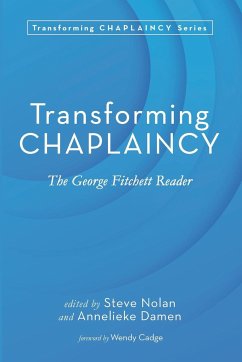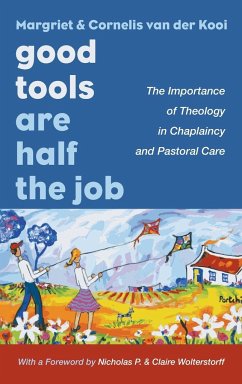The manual provides a rationale for chaplaincy by using Winnifred Sullivan's three categories of religious secularism, irreligious secularism, and areligious secularism to outline the essential and transforming value of spiritual care services (preface, introduction). The manual provides a history of justice initiatives and chaplaincy services in a Canadian context (chapters one and two). The manual provides a rationale for spiritual care-giver training by showing how chaplaincy courses at a university level can build on the competencies of leadership and core knowledge that many ministers, rabbis, imams, priests, nuns, and other faith group representatives have. Emotional intelligence, professional practice skills, and diversity are additional competencies needed for spiritual care-givers to become effective prison chaplains (chapters three to six). Six principles shape the content of this book: (1) integration of chaplaincy into corrections (chapters three to six) (2) understanding of prison dynamics (chapters seven to ten), (3) complementary use of sociology and psychology (chapters eleven to fourteen), (4) provision of faith formation, rites and rituals, programs, pastoral care, and a ministry of presence (chapters fifteen to eighteen), (5) ecumenical and multi-faith religious accommodation (chapters nineteen to twenty-one) and (6) professional development (chapters twenty-four and twenty-five). The manual concludes with a statement of best practices by Dr. Thomas Beckner, long-time chaplaincy educator (Correctional Chaplains: Keepers of the Cloak, p. 24). "Chaplains are to have highly polished counselling skills, strong management and facilitation abilities, a working knowledge of various faith group requirements . . . and a strong commitment to serve all residents of the institution regardless of their faith identity or lack thereof."
Hinweis: Dieser Artikel kann nur an eine deutsche Lieferadresse ausgeliefert werden.
Hinweis: Dieser Artikel kann nur an eine deutsche Lieferadresse ausgeliefert werden.








